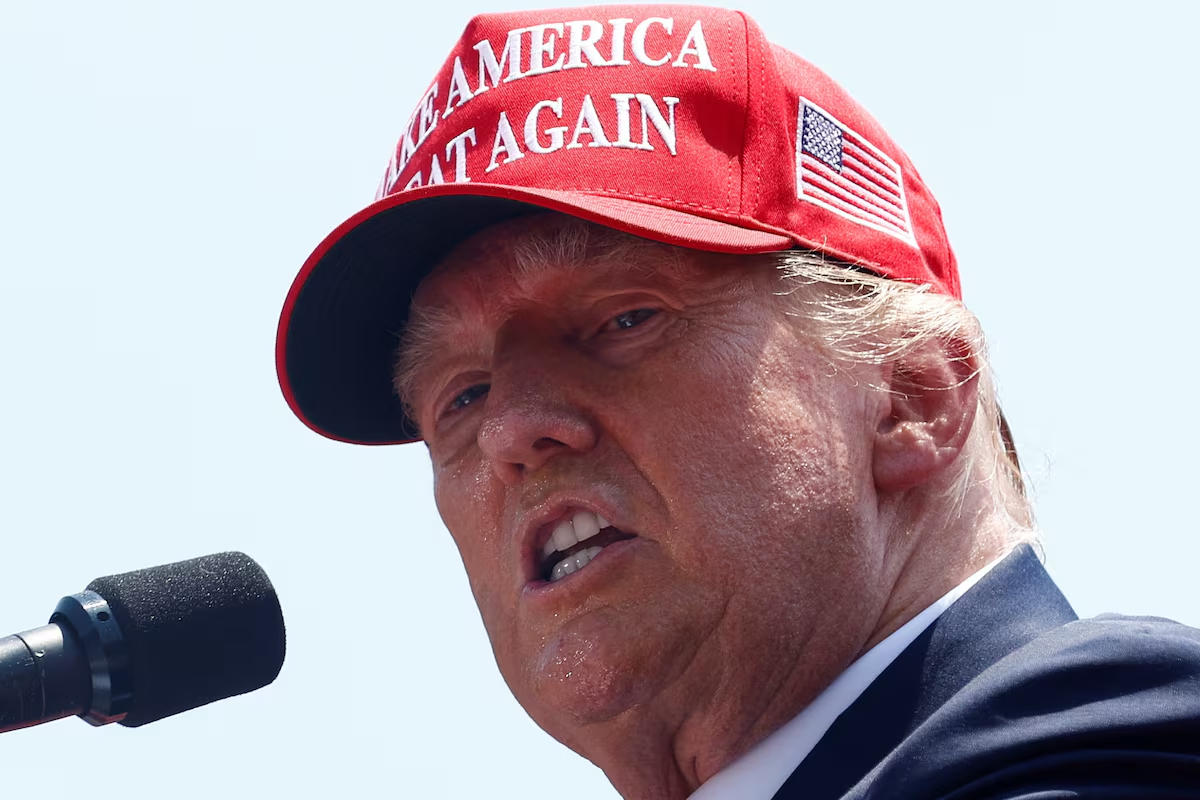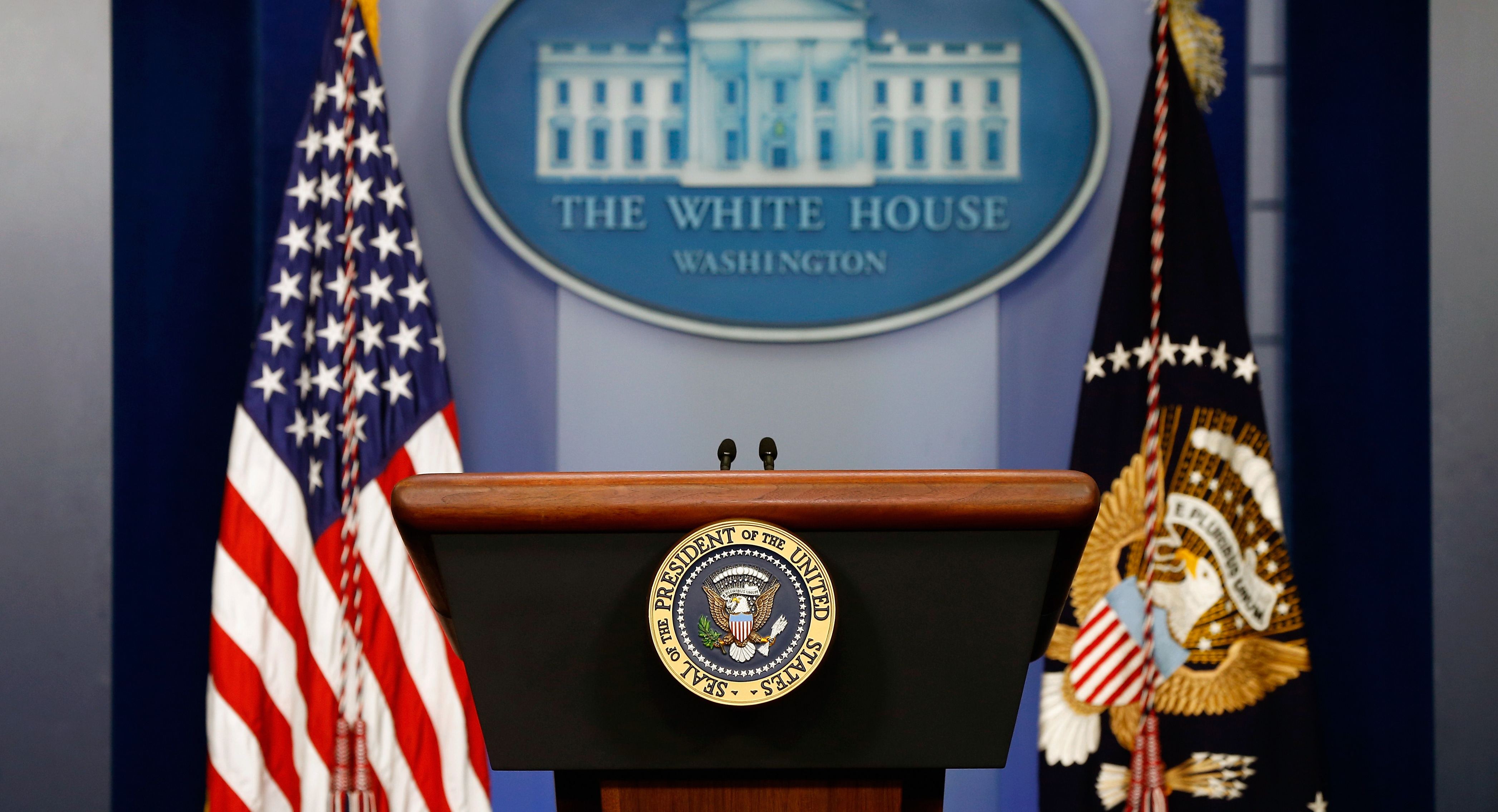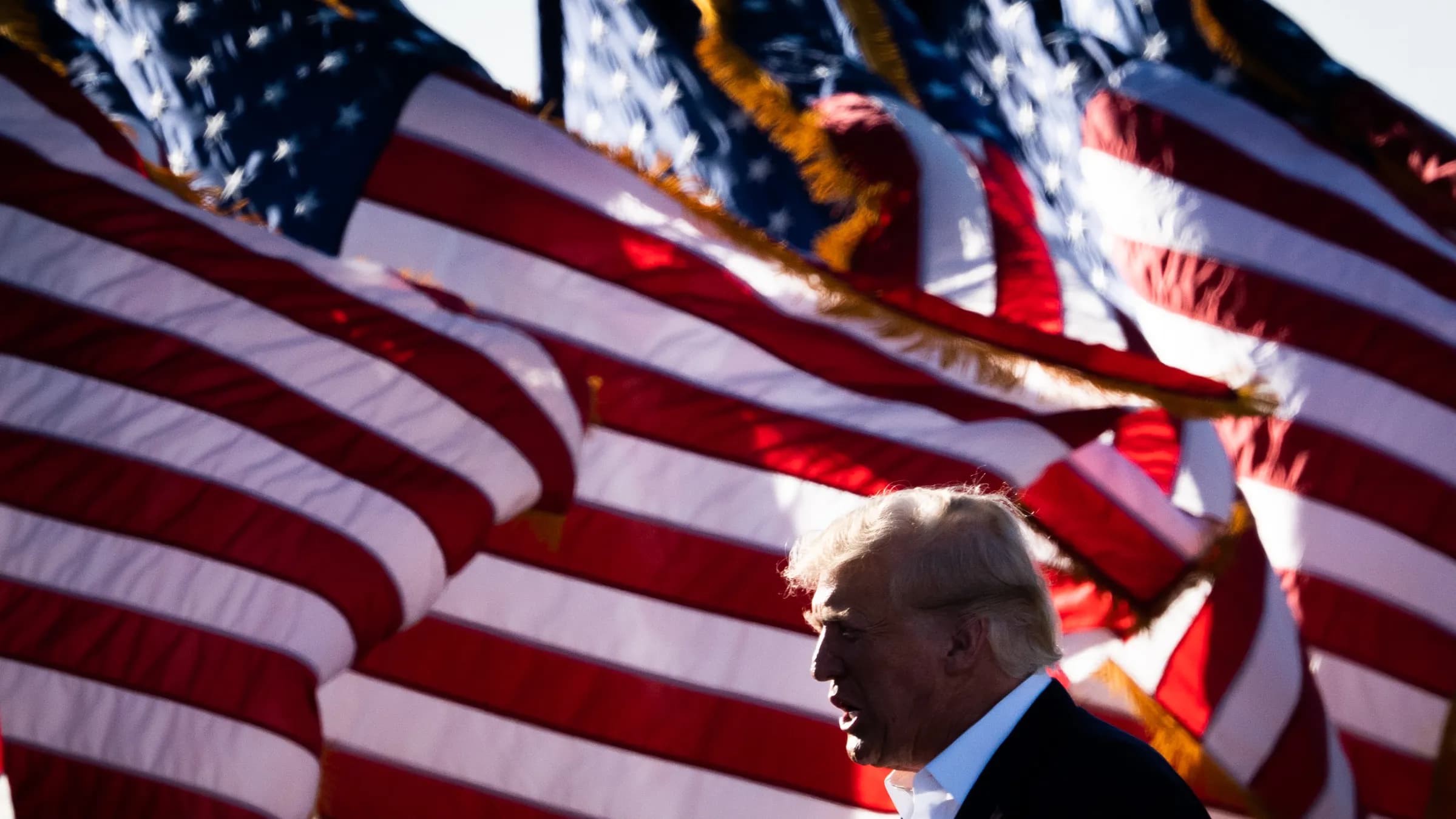As the political landscape of the United States continues to shift under the weight of Donald Trump"s presidency, a chilling parallel emerges. Scholars and commentators are drawing increasingly stark comparisons between Trump and Mao Zedong, particularly in the context of the Cultural Revolution—a campaign marked by chaos, violence, and the ruthless suppression of dissent.
Mobilization of Insurrectionary Forces
Much like Mao, who rallied millions to dismantle the established order and eradicate perceived enemies, Trump has galvanized a fervent base that views him as a messianic figure. This so-called "MAGA" movement operates with a visceral intensity that echoes the fervor of Mao"s Red Guards, as reported by Futurism. In this climate, bureaucratic norms and democratic institutions are teetering on the brink, threatened by an insurrectionary approach that seeks to rewrite the rules of governance. The consequences of this mobilization are profound, leading to a political atmosphere where dissent is not merely discouraged but actively punished.
Cult of Personality and Ideological Intolerance
Trump"s leadership style exudes a cult of personality reminiscent of Mao"s. According to University Cube, this comparison is not only drawn from Western critics but also resonates with Chinese citizens who have lived through the harrowing repercussions of Mao"s regime. The veneration of Trump as the ultimate authority, where his will supersedes all else, aligns alarmingly with the terror tactics employed during the Cultural Revolution. The ideological purge of dissenting voices in Trump’s America, particularly against journalists and academics, raises critical questions about the preservation of civil rights and democratic governance.

The United States will go from MAGA to MAWA | Reuters
Legal Frameworks and Historical Context
While the Cultural Revolution instigated a widespread dismantling of societal structures without a legal framework, Trump"s approach is notably different. The legal system in the United States, though strained and sometimes weaponized against marginalized communities, remains intact, as highlighted by the JForum. Trump"s use of executive orders draws upon an established tradition that has roots in U.S. history. However, this tactic does not absolve the dangers of authoritarianism that can emerge when a leader circumvents democratic processes to consolidate power.
Implications for Civil Rights and Social Justice
The implications of this parallel extend far beyond mere political commentary; they threaten the very fabric of civil rights in America. The nativist rhetoric that accompanies Trump"s "America First" agenda echoes the exclusionary policies that have long plagued the U.S., as noted by JForum. The legal frameworks that facilitate this exclusion are not new; they are built upon centuries of systemic racism and xenophobia. In this context, the Cultural Revolution stands as a stark reminder of how quickly societal values can erode under the guise of nationalism.

Daily White House press briefing to stay in the West Wing ...
Understanding the Roots of Trumpism
While the analogy with Mao provides a lens through which to view the current political crisis, it is essential to recognize the domestic roots of Trump"s rise. The fear and anxiety surrounding U.S. global standing, particularly in relation to China, have fueled a narrative that positions Trump as a bulwark against external threats. This framing may offer a sense of comfort to those alarmed by his tactics, yet it distracts from the reality that the roots of Trumpism are deeply embedded in U.S. history and culture. The narrative that positions Trump as a foreign contagion obscures the need for a critical examination of the systemic issues that have allowed such a figure to ascend.







![[Video] Gunfire between Iraqi security forces and Sadr militias in Baghdad](/_next/image?url=%2Fapi%2Fimage%2Fthumbnails%2Fthumbnail-1768343508874-4redb-thumbnail.jpg&w=3840&q=75)
